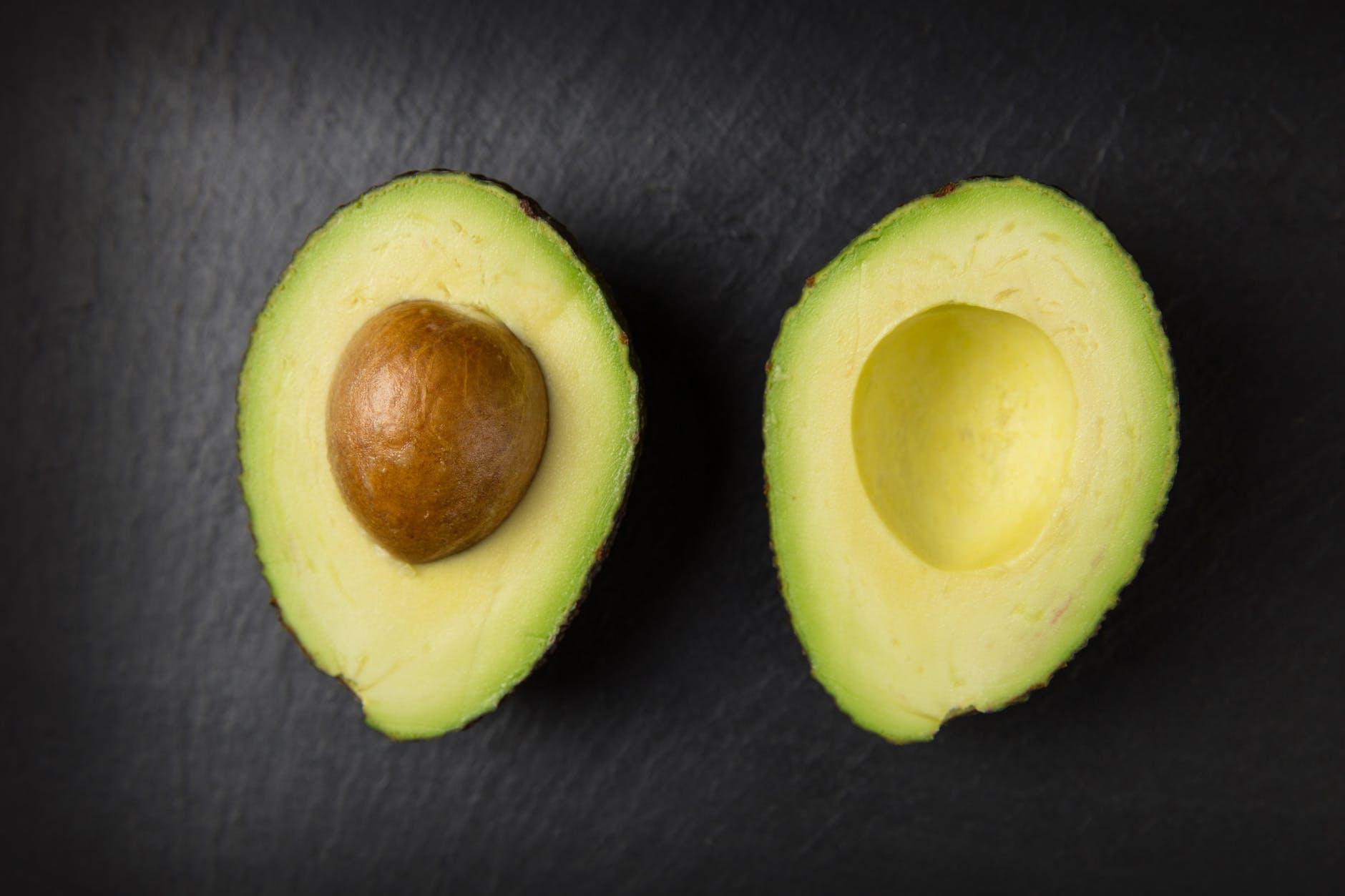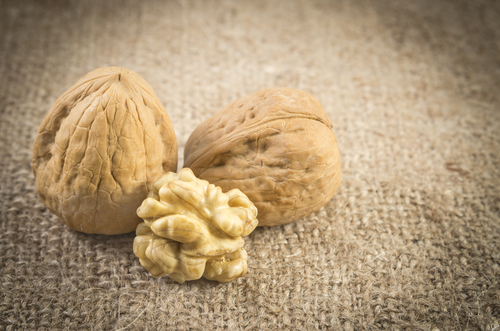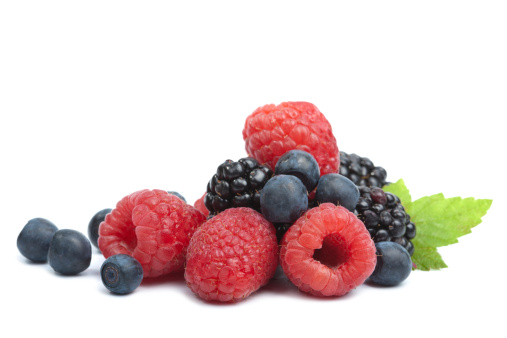
Cardiovascular diseases are increasing at an alarming rate, and becoming a major health concern in most of all developed countries, not just the United States. Factors such as unhealthy eating habits, work, and personal life related-stress, sedentary lifestyle and lack of exercises are putting our heart and quality of life at risk. Heart problems also get coupled with high cholesterol levels and blood pressure too. Simply exercising is not sufficient enough to maintain a healthy heart. Wholesome and nutritious food must be incorporated into our meals every day! Eat the following 10 foods to maintain optimum cardiovascular health!
Start the day with a steaming bowl of coarse or steel-cut oats, which are full of omega-3 fatty acids, protein, folate, and potassium, vitamin E, zinc, selenium, copper, iron, manganese, and magnesium. The insoluble fiber and phytochemicals in oats are cancer-fighting properties and are due to the fact that it attacks certain bile acids, reducing their toxicity, and the soluble fiber may reduce the low-density lipoprotein, or LDL (or bad) cholesterol and help keep arteries clear.
Super-rich in essential omega-3 fatty acids, wild salmon can effectively reduce blood pressure and keep clotting at bay. Omega-3 acids can also reduce the risk for fatal heart arrhythmia because it increases heart rate variability, a measure of heart functionality. It helps to lower triglycerides which are linked to cardiac diseases while boosting the high-density lipoprotein, or HDL (good). Aim for two servings per week, which may reduce your risk of dying of a heart attack by up to one-third.
Salmon also contains the carotenoid astaxanthin, which is a very powerful antioxidant. Be sure to choose wild salmon over farm-raised fish, which can be packed with insecticides, pesticides, heavy metals and other toxins. If salmon is unavailable, other oily fish like mackerel, tuna, herring, and sardines will also give your heart the same boost.
Full of monounsaturated fats, the main type of fat found in all kinds of olive oil, MUFAs are actually considered a healthy dietary fat. Olive oil lowers bad LDL cholesterol and reduces your risk of developing heart disease. MUFAs may help lower your risk of heart disease by improving related risk factors. For instance, MUFAs may lower your total cholesterol and low-density lipoprotein cholesterol levels. MUFAs may also help normalize blood clotting. And some research shows that MUFAs may also benefit insulin levels and blood sugar control, which can be especially helpful if you have type 2 diabetes.
Results from the Seven Countries Study, which looked at cardiovascular disease incidences across the globe, showed that while men in Crete had a predisposition for high cholesterol levels, relatively few died of heart disease because their diet focused on heart-healthy fats found in olive oil. Look for extra-virgin or virgin varieties—they're the least processed—and use them instead of butter when cooking.
Add a bit of avocado to a sandwich or spinach salad to up the amount of heart-healthy fats in your diet. Packed with monounsaturated fat, avocados can help lower LDL levels while raising the amount of HDL cholesterol in your body.
Avocados allow for the absorption of other carotenoids—especially beta-carotene and lycopene—which are essential for heart health.
Walnuts are full of omega-3 fatty acids and, along with almonds and macadamia nuts, are loaded with mono- and polyunsaturated fat. Plus, nuts increase fiber in the diet, and like olive oil, they are a great source of healthy fat.
Blueberries, raspberries, strawberries—whatever berry you like best—are full of anti-inflammatories, which reduce your risk of heart disease and cancer. Blackberries and blueberries are especially great, but all berries are great for your vascular health.
New analysis of almost 35,000 participants in the Nurses’ Health Study shows that women who ate four or more servings of legumes a week were 33 percent less likely to develop colorectal adenomas than those consuming one serving a week or less, and four or more servings of legumes per week was enough to decrease risk of heart disease 22 percent compared to those eating legumes less than once a week in a large national survey.
These health benefits of legumes may come from this food’s unique phytochemicals. Saponins, lignans, and phytosterols are under study for potential benefits in fighting cancer and heart disease. Legumes are also a major source of several nutrients most often lacking in Americans’ diets: magnesium, potassium, folate, and fiber.
Fill up on fiber with lentils, chickpeas, and black and kidney beans. They are packed with omega-3 fatty acids, calcium, and soluble fiber.
Spinach can help keep your ticker in top shape thanks to its stores of lutein, folate, potassium, and fiber.
But upping your servings of any veggies is sure to give your heart a boost. The Physicians' Health Study examined more than 15,000 men without heart disease for a period of 12 years. Those who ate at least two-and-a-half servings of vegetables each day cut their risk of heart disease by about 25%, compared with those who didn't eat the veggies. Each additional serving reduced risk by another 17%.
Full of fiber and omega-3 and omega-6 fatty acids, a little sprinkling of flaxseed can go a long way for your heart. That’s because of the high content of alpha-linolenic acids (ALA) that has proven to aid in lowering total cholesterol and LDL cholesterol levels. Flaxseeds may also keep platelets from becoming sticky therefore reducing the risk of a heart attack. Sprinkle ground flax seeds on your cereal and salads or substitute flax seed mixture for eggs in home baking such as muffin and pancake (1 tbsp milled flax seed, plus 3 tbsp water = 1 egg). Final products will have less volume and taste gummier. You can include flax seeds, whole or ground, in other recipes when a nutty flavor is preferred
Soy may lower cholesterol, and since it is low in saturated fat, it's still a great source of lean protein in a heart-healthy diet.
Look for natural sources of soy, like edamame, tempeh, or organic silken tofu. And soy milk is a great addition to a bowl of oatmeal or whole-grain cereal. But watch the amount of salt in your soy: some processed varieties like soy dogs can contain added sodium, which boosts blood pressure.
Source: webmd, mercola.com, droz.com, and womenshealth.com
